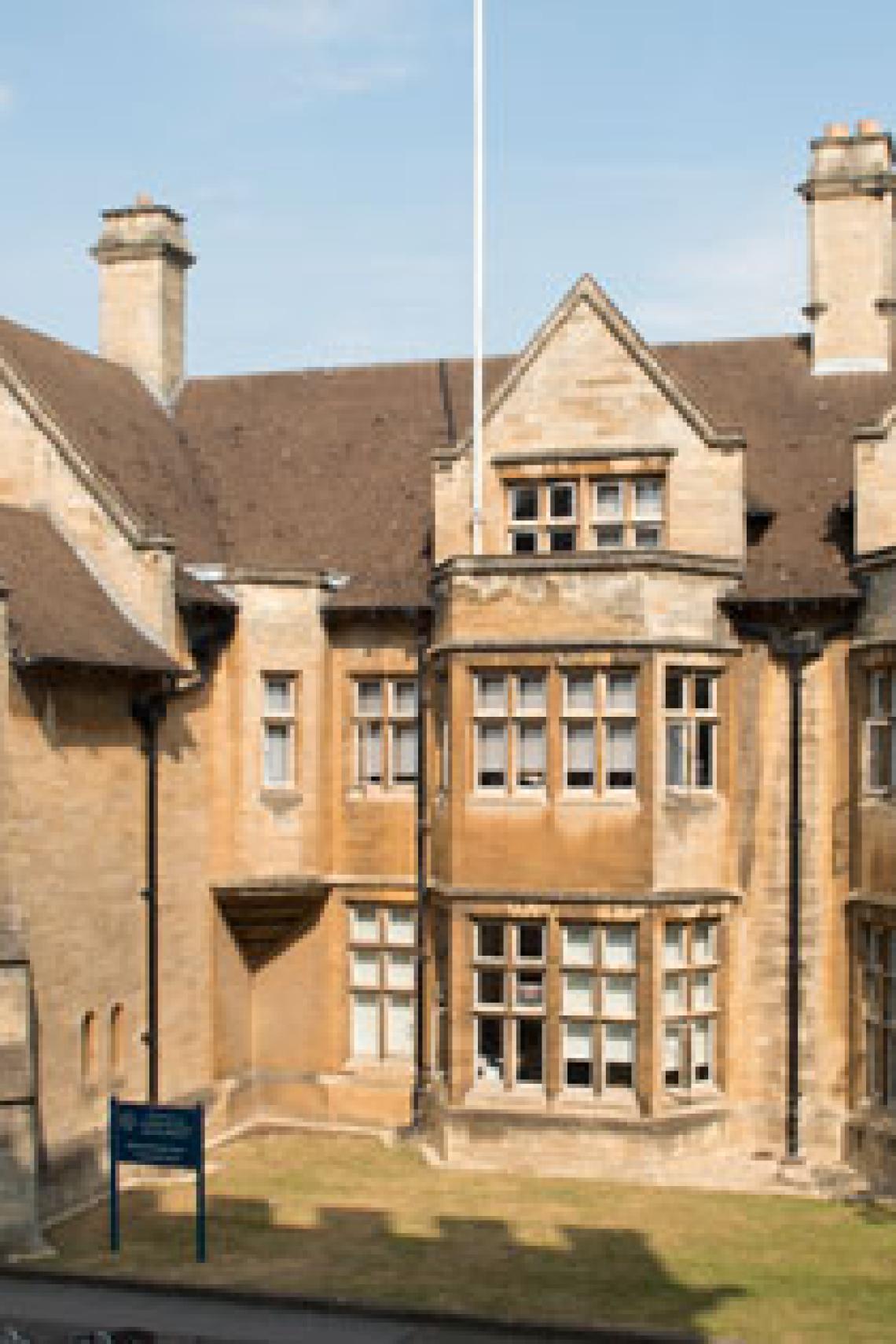Laura Ballerini, Carolina Rota, Joumana Talhouk win 2022 MPhil prizes
Congratulations to Laura Ballerini, Carolina Rota and Joumana Talhouk who have won the 2022 prizes for their performance in the MPhil in Development Studies.
Laura Ballerini of St Antony’s College won the Eugene Havas Memorial Prize, the prize for the best overall performance.
In her thesis, Laura critically examined entrepreneurship in community health projects in sub-Saharan Africa. To do so, she zoomed in on Kenya and specifically focussed on social enterprises that use networks of micro-entrepreneurs to sell healthcare products in remote, rural communities.
Two interlinked questions motivated the project: how is entrepreneurship practised and experienced when it is applied to community health? What does it mean to be a Community Health Entrepreneur? By combining a mix of methods, including digital ethnography, in-depth interviews, online surveys, and document review, her thesis found that social enterprises can compound inequalities and exploitation, placing the burden on poor people to ‘enterprise’ themselves out of both poverty and ill health.
Laura will stay on at ODID to do the DPhil in International Development, co-supervised by Dr Maxim Bolt and Dr Simukai Chigudu. Her DPhil aims to expand and enrich the analytical focus of her MPhil research, and to develop a nuanced understanding of the increasing prominence of enterprise-led interventions in global health.
While her long-term desire is to remain within academia, she would also like to branch out into journalism, and ultimately to become a researcher and foreign correspondent specialising in international development and global health in sub-Saharan Africa.
Carolina Rota of Wolfson College won the Papiya Ghosh Prize, the prize for the best thesis.
Her thesis was a qualitative study of part-time women domestic workers’ experience of work in Mumbai, India. The thesis adopted domestic work as the prism to assess working women’s lives more broadly. In other words, it explored how the experience of domestic work affects the lives of women in their multiple identities and, conversely, how the latter influence their decision to work, as well as the modalities they adopt to conduct such activities.
Overall, the thesis argued that an emphasis on individual choice and action tends to obscure how relationality fundamentally characterizes all aspects of women domestic workers’ lives, including their work trajectories, experiences, and meanings.
Looking ahead, Carolina intends to further explore the nexus between informal work, gender and poverty.
Joumana Talhouk of the Queens’ College won the Examiners Prize.
Joumana’s thesis unpacked the global politics of reproductive labour through the particular case of Lebanon, focusing on the employment of live-in migrant domestic workers in middle-class homes under the kafala (sponsorship) system.
The qualitative study was primarily informed by 12 in-depth, online interviews with four women employers of domestic workers, four adult children of those women, and four domestic workers (the latter not from the same households).
By learning about everyday domestic intimacies among Lebanese family members and their servants, the thesis uncovered the intertwined class aspirations, gender troubles, and racial anxieties operating underneath a seemingly “normal” and unquestioned social practice.
Building on theories of social reproduction, class distinction, gender performativity, and racial capitalism, the main argument was that migrant domestic workers – by performing devalued reproductive labour for Lebanese families – are crucial for the constitution of a gendered and raced middle-class habitus.
Joumana will also stay on at ODID to pursue her DPhil, building on the work in her MPhil and co-supervised by Dr Nandini Gooptu and Dr Sneha Krishnan of the School of Geography and the Environment.

